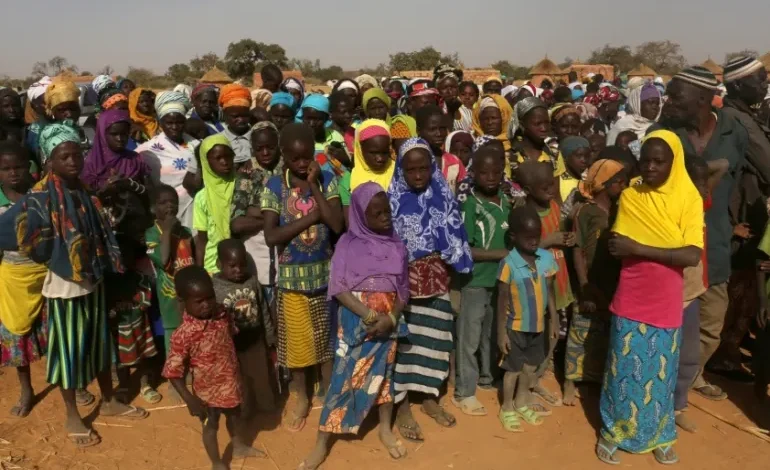HRW Urges Burkina Faso to Prioritize Civilian Protection Amid Rising Violence from Armed Groups
HRW Urges Burkina Faso to Prioritize Civilian Protection Amid Rising Violence from Armed Groups

- HRW has urged Burkina Faso to urgently prioritize civilian protection
- HRW confirmed the casualties through witness testimonies and video analysis
- The organization described the attack as a clear war crime
Human Rights Watch (HRW) has urged Burkina Faso to urgently prioritize civilian protection as the country grapples with ongoing violence from armed groups.
In a report released on Tuesday, the NGO criticized the government’s actions during an attack by the al-Qaeda-linked Jama’at Nusrat al-Islam wal-Muslimin (JNIM) in August, which left at least 133 people dead.
The attack, one of the deadliest this year, occurred in the Barsalogho commune, approximately 80 km from the capital, Ouagadougou. Villagers were reportedly forced to assist security forces by digging trenches for protection, only to come under fire from JNIM fighters.
Many locals, fearing for their safety, initially refused to help but were allegedly coerced by military personnel through threats and violence.
HRW confirmed the casualties through witness testimonies and video analysis, highlighting that many children were among the victims.
The organization described the attack as a clear war crime and called for the government to prioritize civilian safety.
Carine Kaneza Nantulya, HRW’s deputy Africa director, emphasized the need for urgent action, stating, “The massacre in Barsalogho is the latest example of atrocities by Islamist armed groups against civilians whom the government has put at unnecessary risk.”
In response, Burkina Faso’s Justice Minister Edasso Rodrigue Bayala dismissed HRW’s claims, asserting that forced labor is illegal and that there is no evidence to support allegations of coercion by the military.
The ongoing conflict in Burkina Faso, driven by groups linked to al-Qaeda and ISIS, has resulted in thousands of deaths and the displacement of over two million people, leaving much of the country beyond government control.





